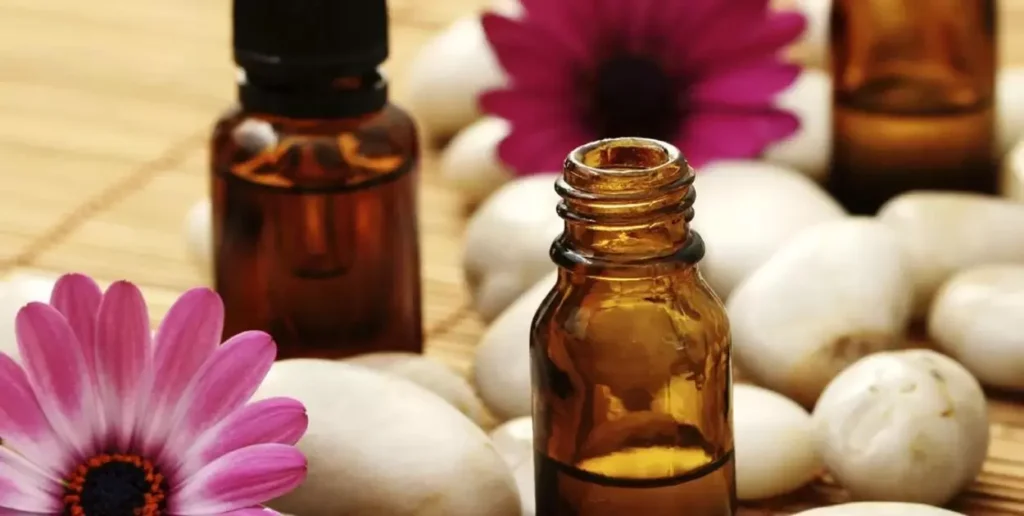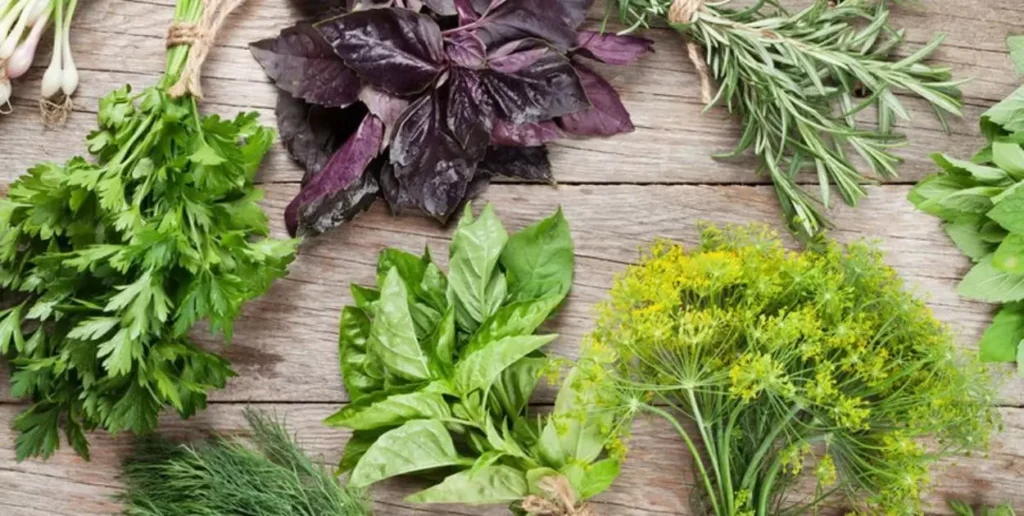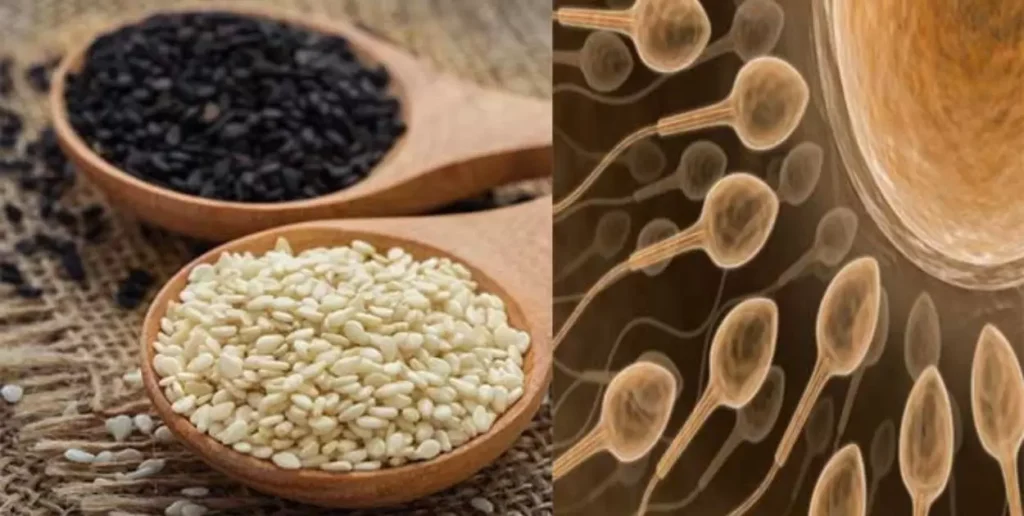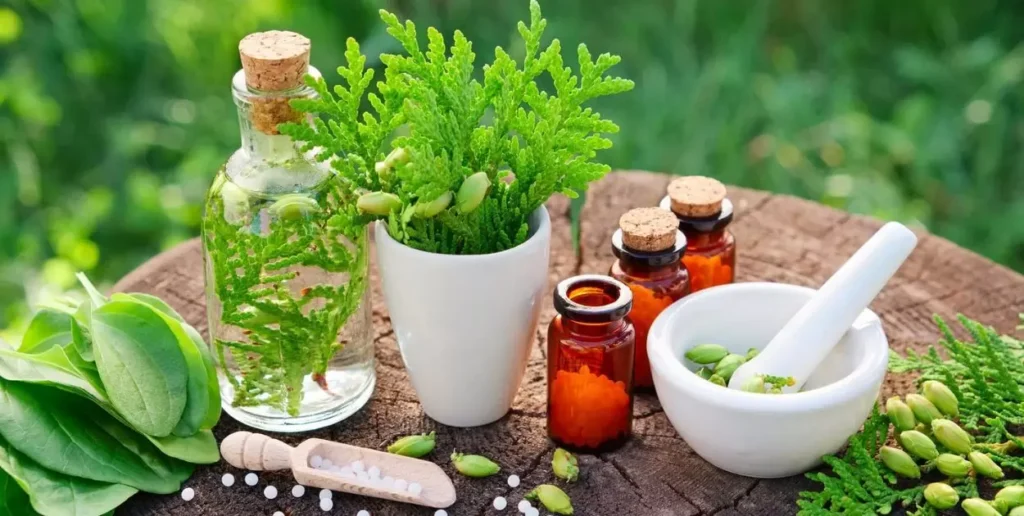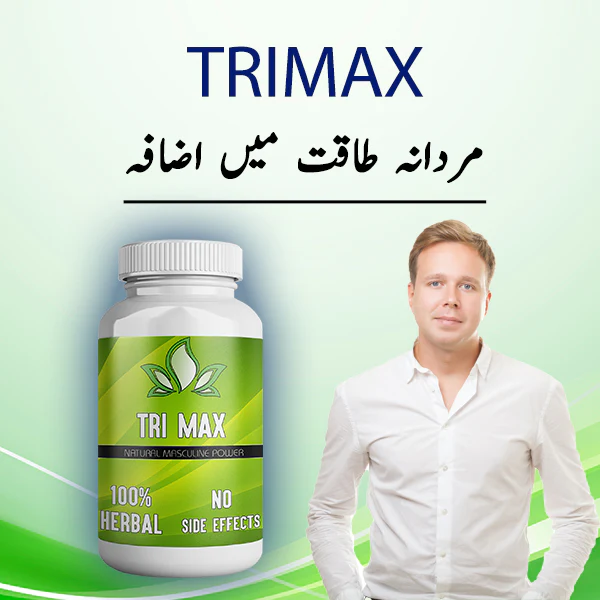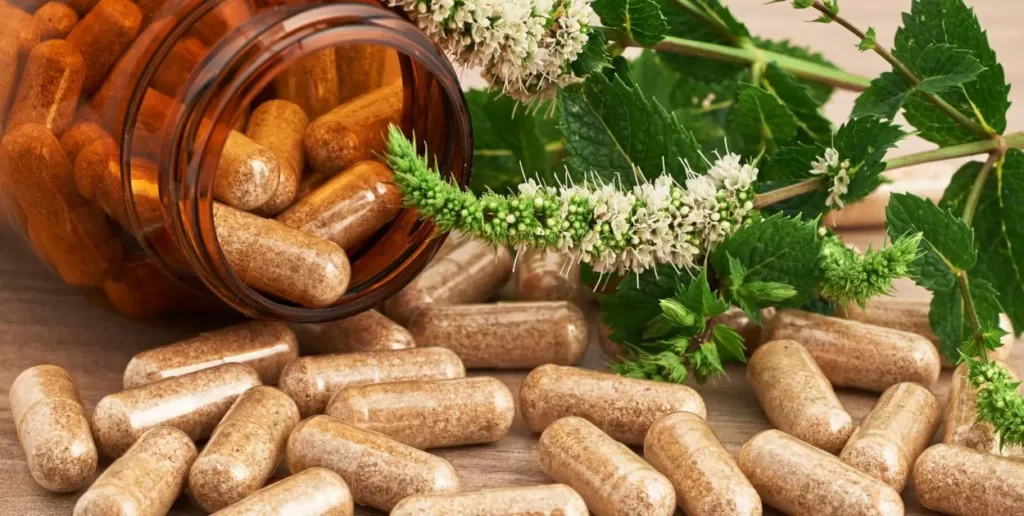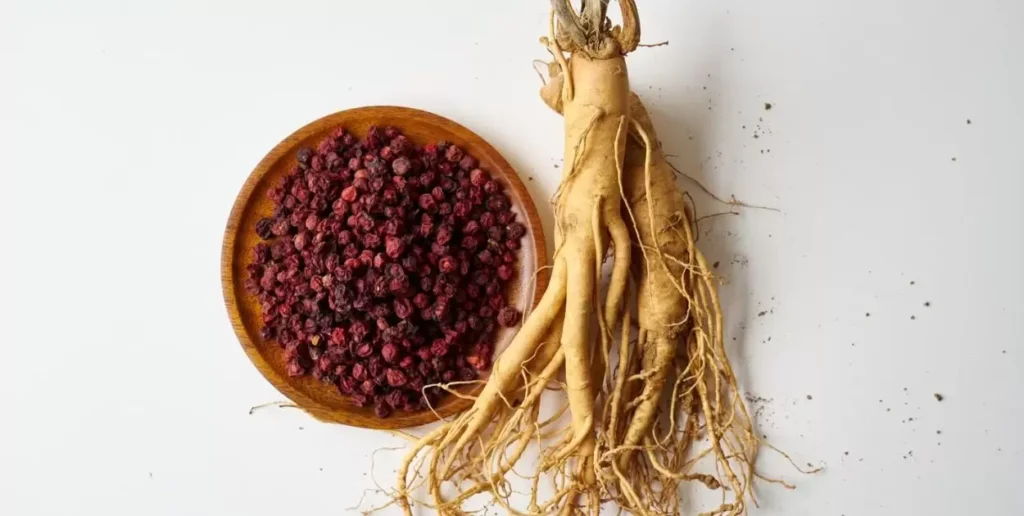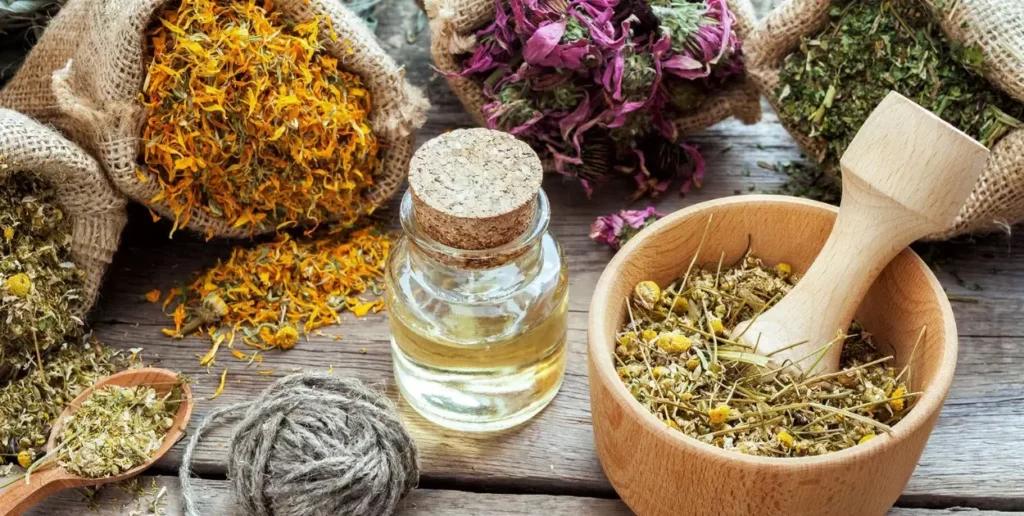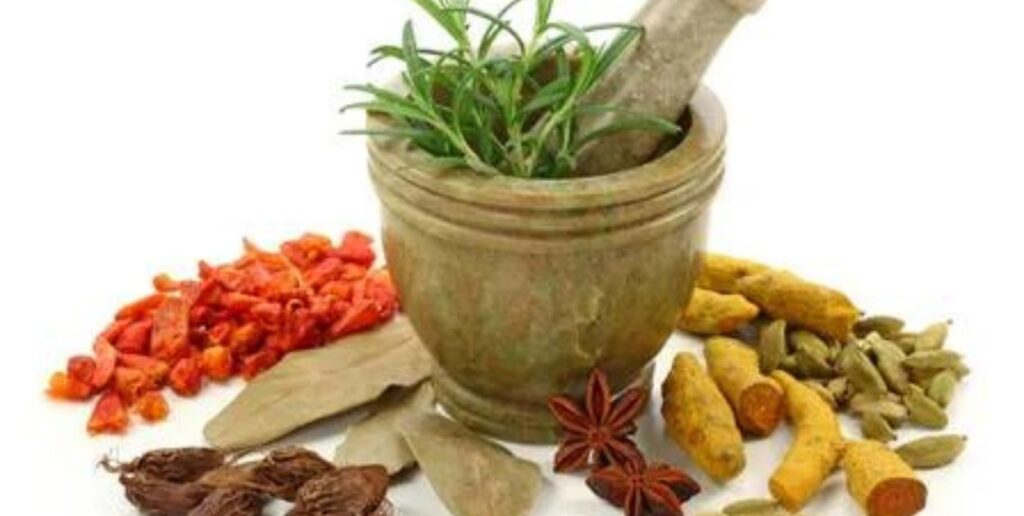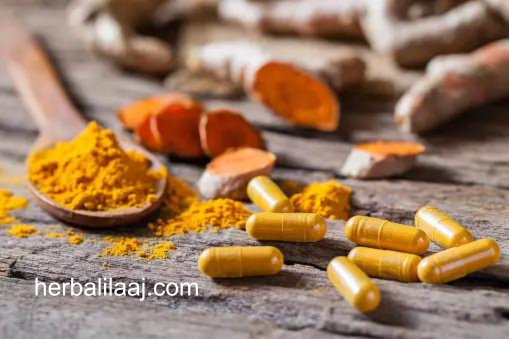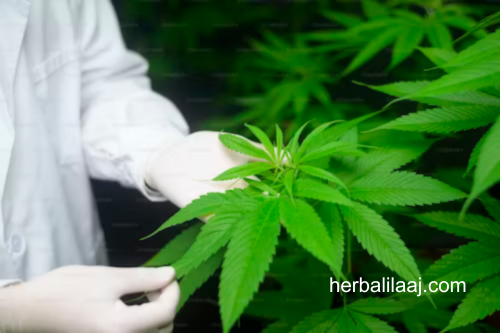Herbal remedies for weight loss are natural plant-based solutions thought to help reduce body weight. They use herbs and botanical extracts known for their weight-loss benefits. Unlike synthetic supplements, they focus on traditional and natural ingredients.
Curious about what herbal remedies are good for weight loss? Many seek these natural options for effective weight management. Their appeal lies in being perceived as natural and holistic, standing out in a world filled with various diets and programs.
Certain herbs stand out for weight loss, like metabolism-boosting green tea and appetite-controlling cayenne pepper. Others, such as Garcinia Cambogia and ginger, may affect fat metabolism and digestion. Knowing these potential benefits empowers individuals to make informed choices in their weight loss journeys.
Exploring Herbal Remedies for Weight Loss
Embarking on the exploration of herbal remedies for weight loss opens doors to natural alternatives. These remedies, rooted in traditional practices, utilize the power of herbs and botanicals. From green tea to ginger, each herb carries potential benefits for weight management.
This exploration reflects a growing interest in holistic and nature-inspired approaches to wellness, as people seek effective solutions beyond conventional weight loss methods. Embracing the diverse world of herbal remedies encourages individuals to discover a natural path toward achieving and maintaining a healthy weight.
In the realm of herbal remedies for weight management, unlocking their potential requires a closer look at individual herbs’ unique qualities. For example, green tea is celebrated for its metabolism-boosting properties, aiding in calorie burning. Other herbs, like cayenne pepper, may assist in appetite control.
By understanding these distinct attributes, individuals can unlock the potential benefits of herbal remedies, making informed choices that align with their weight management goals. This process of unlocking the potential of herbal remedies emphasizes the importance of personalized and natural solutions in the pursuit of a healthier lifestyle.
Herbal Remedies and Weight Management
In the pursuit of effective herbal solutions for weight loss, individuals navigate nature’s offerings. A variety of herbs and botanical extracts are renowned for their potential contributions to weight management. Green tea, with its metabolism-boosting effects, and ginger, known for its digestive benefits, become key players in this search.
This exploration aims to provide individuals with a diverse toolkit of herbal options, fostering a deeper understanding of how these natural solutions can support their weight loss goals. Unlocking the potential of herbal remedies becomes a journey of discovery, paving the way for a more balanced and natural approach to weight management.
Demystifying the question of what herbal remedies aid weight loss is crucial for informed decision-making. Herbal solutions are diverse, each offering specific benefits. For instance, cayenne pepper is believed to assist in appetite control, while Garcinia Cambogia may influence fat metabolism.
Demystifying these options allows individuals to choose herbal remedies that align with their preferences and needs, paving the way for a personalized and effective weight loss journey. By unraveling the complexities, individuals gain clarity on the array of herbal remedies available, empowering them to make choices that resonate with their unique weight loss aspirations.
In Search of Effective Herbal Solutions for Weight Loss
The quest for effective herbal solutions for weight loss leads individuals to explore nature’s pharmacy. Various herbs, roots, and botanical extracts are celebrated for their potential in supporting weight management.
From the renowned metabolism-boosting properties of green tea to the digestive benefits of ginger, the search for effective herbal solutions involves understanding the unique contributions of each ingredient.
Demystifying the question of what herbal remedies aid weight loss requires breaking down the complexity. Herbal solutions are diverse, with each herb offering distinct benefits. For instance, cayenne pepper is believed to assist in appetite control, while Garcinia Cambogia may influence fat metabolism.
By demystifying the options, individuals can make informed choices based on their preferences and needs. Understanding the variety of herbal remedies available sets the stage for a more personalized and effective weight loss journey.
What Herbal Remedies Aid Weight Loss?
In the intricate tapestry of a weight loss journey, herbal remedies play a vital role. These natural solutions contribute to the overall strategy by addressing various aspects of weight management.
It’s boosting metabolism, controlling appetite, or supporting digestion, herbal remedies offer a multifaceted approach. Integrating them into a weight loss journey can enhance the effectiveness of lifestyle changes, creating a more holistic and sustainable path towards achieving and maintaining a healthy weight.
Understanding the impact of herbal remedies on weight loss involves recognizing their potential benefits. Green tea, for example, contains antioxidants that may aid in fat burning. Similarly, herbs like cayenne pepper may help curb cravings and reduce calorie intake.
The Role of Herbal Remedies in a Weight Loss Journey

In the intricate tapestry of a weight loss journey, herbal remedies play a vital role. These natural solutions contribute to the overall strategy by addressing various aspects of weight management.
It’s boosting metabolism, controlling appetite, or supporting digestion, herbal remedies offer a multifaceted approach. Integrating them into a weight loss journey can enhance the effectiveness of lifestyle changes, creating a more holistic and sustainable path towards achieving and maintaining a healthy weight.
Understanding the impact of herbal remedies on weight loss involves recognizing their potential benefits. Green tea, for example, contains antioxidants that may aid in fat burning. Similarly, herbs like cayenne pepper may help curb cravings and reduce calorie intake.
What Herbal Remedies Work for Weight Loss?
Embarking on a natural path towards weight reduction involves harnessing the power of herbal remedies. These natural solutions, derived from plants and herbs, are believed to assist in shedding excess pounds.
From green tea’s metabolism-boosting effects to the appetite-suppressing qualities of cayenne pepper, understanding the impact of these herbal remedies offers individuals an alternative, nature-inspired approach to weight management.
Decoding nature’s wisdom in the realm of herbal remedies unveils a treasure trove of effective weight loss options. These remedies, rooted in traditional knowledge, bring forth the inherent wisdom of plants and herbs.
It’s the digestive benefits of ginger or the fat-burning potential of Garcinia Cambogia, decoding nature’s wisdom empowers individuals to make informed choices in their weight loss journeys. The simplicity and authenticity of herbal remedies resonate with those seeking a connection with nature while pursuing their health goals.
Herbal Remedies and Weight Reduction
Decoding the wisdom of nature, herbal remedies become a beacon for those seeking a natural path to weight reduction. These remedies, grounded in traditional practices, offer a holistic approach.
Green tea, with its metabolism-boosting properties, and cayenne pepper, known for appetite control, become companions on this natural journey. Embarking on this path aligns with the desire for a balanced and sustainable approach to weight loss.
Herbal Remedies for Effective Weight Loss
Embarking on a journey to understand herbal remedies unveils the wisdom of nature. These remedies, with their roots in traditional knowledge, offer effective and natural solutions for weight loss. From the fat-burning potential of green tea to the digestive benefits of ginger, each herb contributes to a holistic approach to weight management. Decoding nature’s wisdom in herbal remedies opens the door to a healthier lifestyle, where the simplicity and authenticity of natural solutions guide the way.
A Holistic Approach to Weight Management
Choosing herbal remedies for weight management signifies a commitment to a holistic approach. Unlike synthetic supplements, herbal solutions often address multiple aspects of weight loss.
It’s the metabolism-boosting effects of certain herbs or their impact on appetite control, the holistic nature of these remedies aligns with the body’s natural processes. This approach reflects a desire for comprehensive well-being, recognizing that effective weight management encompasses more than just shedding pounds.
What Herbal Remedies Offer for Weight Loss
Shedding pounds naturally involves tapping into the potential of herbal remedies. These natural solutions, derived from herbs and plants, provide an alternative to synthetic weight loss methods.
From the appetite-controlling properties of cayenne pepper to the metabolism-boosting effects of green tea, herbal remedies offer a diverse toolkit for those seeking to lose weight naturally. Choosing this path reflects a preference for simplicity, authenticity, and a connection with nature in the pursuit of a healthier body.
Exploring Herbal Remedies for Weight Loss
Embarking on a journey into herbal remedies for weight loss opens a door to the natural world’s potential. These remedies, often rooted in ancient traditions, encompass a range of herbs and botanical extracts.
From the well-known green tea to lesser-known herbs, exploring this realm reveals diverse options. The simplicity and purity of these natural solutions make them appealing to those seeking effective and holistic approaches to managing their weight.
As we explore herbal remedies for weight loss, it becomes evident that nature provides a rich tapestry of options. Each herb brings its unique benefits, contributing to the overall landscape of holistic weight management.
Herbal Remedies and the Quest for Healthy Weight Reduction
In the quest for healthy weight reduction, herbal remedies emerge as allies in the pursuit of wellness. These remedies, derived from plants and herbs, offer a natural and balanced approach to shedding excess pounds. From widely recognized herbs like green tea to less mainstream options, the quest involves understanding the unique benefits each herb provides.
Choosing herbal remedies aligns with a holistic vision of health, where weight reduction becomes a part of a broader commitment to overall well-being. The journey with herbal remedies in the quest for healthy weight reduction emphasizes the need for balance. Unlike extreme diets or aggressive weight loss methods, herbal remedies provide a gentler and more sustainable path.
As individuals navigate this quest, they discover the supportive nature of these remedies, offering not just physical benefits but also a holistic approach that considers the body’s natural processes and overall harmony.
Empowering Your Weight Loss Journey with Herbal Remedies
Empowering your weight loss journey with herbal remedies involves a thoughtful integration of nature’s offerings. These remedies, enriched with botanical properties, empower individuals to take charge of their health. Green tea, known for its metabolism-boosting effects, and other herbs play a role in supporting the body’s natural functions.
Navigating through the plethora of choices in herbal remedies requires an informed approach. By empowering your weight loss journey with these natural solutions, you become an active participant in your health.
Understanding the potential benefits of each herb, whether it’s aiding digestion or promoting fat metabolism, provides the knowledge needed to make choices that resonate with your unique body and weight loss goals.
Which Herbal Remedies Are Effective for Weight Loss?
Navigating choices in the realm of herbal remedies for weight loss involves understanding the efficacy of different options. From green tea to herbs like Garcinia Cambogia, each has its reputation for contributing to weight management.
Navigating these choices requires considering personal preferences, health conditions, and the desired outcomes. By understanding the effectiveness of various herbal remedies, individuals can make choices that align with their specific weight loss needs, fostering a personalized and effective approach.
Herbal Remedies and Successful Weight Management
Embarking on the journey of successful weight management, herbal remedies emerge as key players in the quest for a healthier lifestyle. The synergy between traditional wisdom and modern needs is evident as individuals seek effective and sustainable solutions to maintain an optimal weight. Let’s explore the nuances of herbal remedies and their role in achieving successful weight management.
| Herbal Remedy | Key Benefits |
| Green Tea | Metabolism Boost, Antioxidant Support |
| Cayenne Pepper | Appetite Control, Thermogenic Properties |
| Garcinia Cambogia | Fat Metabolism, Appetite Suppression |
| Ginger | Digestive Aid, Anti-Inflammatory Properties |
| Cinnamon | Blood Sugar Regulation, Metabolic Support |
| Turmeric | Anti-Inflammatory, Weight Management Support |
| Dandelion | Detoxification, Water Balance |
| Fennel Seeds | Digestive Support, Appetite Control |
| Licorice Root | Hormonal Balance, Craving Reduction |
| Hibiscus | Blood Pressure Regulation, Antioxidant Support |
Cracking the code of herbal remedies involves understanding their unique benefits. Green tea boosts metabolism and provides antioxidants, while cayenne pepper controls appetite with thermogenic properties. Garcinia Cambogia aids fat metabolism, and ginger offers digestive support.
Cinnamon regulates blood sugar, turmeric provides anti-inflammatory effects, and dandelion assists in detoxification. Fennel seeds aid digestion, licorice root balances hormones, and hibiscus regulates blood pressure. Integrating these herbal remedies into your routine contributes to a successful and balanced weight management strategy.
What Herbal Remedies Are Truly Good for Weight Loss?
Taking a closer look at herbal remedies for weight loss involves examining their genuine efficacy. Green tea, with its antioxidants, stands out for its potential fat-burning effects. Ginger is celebrated for its digestive benefits, contributing to overall wellness. In this exploration, individuals gain insights into what herbal remedies truly offer for weight loss, making informed decisions based on the authentic benefits each herb provides.
Herbal Remedies and the Natural Path to Sustainable Weight Loss
Choosing the natural path to sustainable weight loss involves embracing the inherent qualities of herbal remedies. Unlike quick fixes or artificial methods, herbal remedies follow nature’s rhythm. Green tea aids metabolism, cayenne pepper supports appetite control, and other herbs offer diverse benefits.
This natural path aligns with the body’s processes, promoting long-term and sustainable weight loss. As individuals embark on this journey, they discover the beauty of a balanced and nature-inspired approach to wellness.
Herbal Remedies for Safe and Effective Weight Reduction
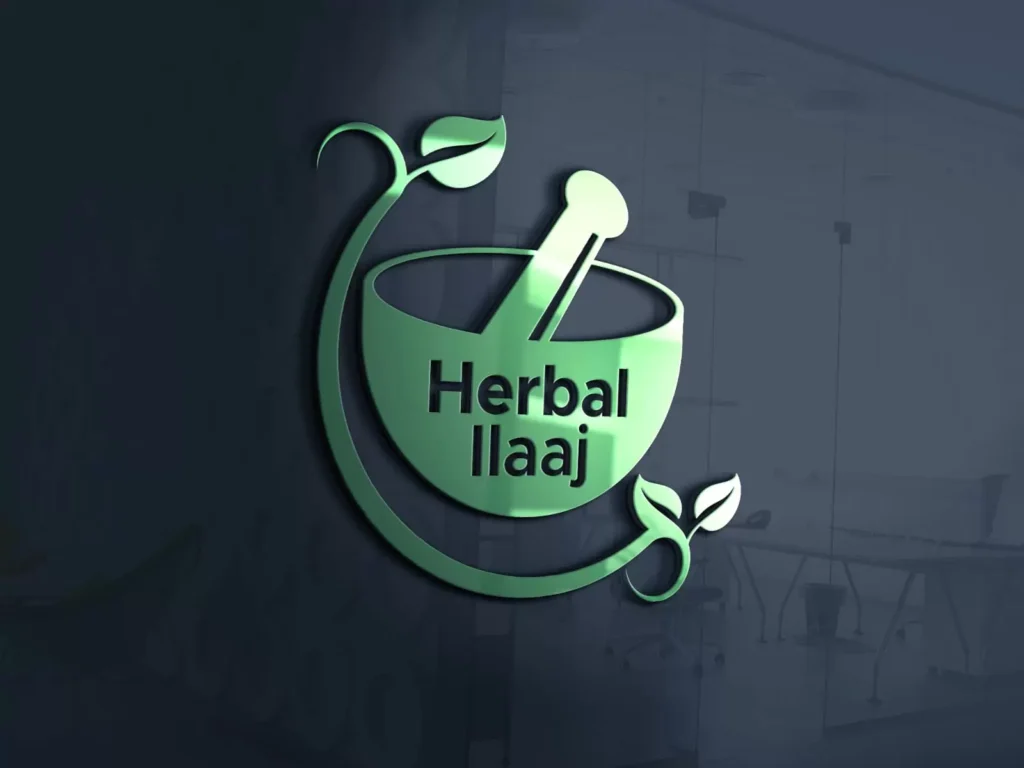
Choosing wisely in the realm of herbal remedies ensures safe and effective weight reduction. Each herb carries its unique attributes, and the selection process involves understanding individual needs and preferences.
Green tea, cayenne pepper, and others offer safe alternatives to synthetic supplements. By choosing wisely, individuals safeguard their well-being while pursuing effective weight reduction, making decisions that resonate with their commitment to a healthier lifestyle.
What Herbal Remedies Can Do for Weight Loss
Exploring the natural advantage of herbal remedies reveals their unique potential in weight loss. These remedies, derived from the richness of nature, provide a wholesome approach. Green tea, ginger, and other herbs offer advantages like metabolism boost and digestion support.
Embracing this natural advantage aligns with a vision of health that acknowledges the body’s connection to the environment. Individuals discover the inherent benefits of herbal remedies, providing a gentle yet effective advantage in their weight loss journey.
Herbal Remedies in Weight Management
Unveiling nature’s secrets involves recognizing the hidden potential of herbal remedies in weight management. Each herb holds unique properties contributing to overall well-being. Green tea’s antioxidants, cayenne pepper’s appetite control, and other secrets are revealed.
In this exploration, individuals gain a deeper understanding of how nature’s secrets, encapsulated in herbal remedies, can play a transformative role in their weight management journey.
Setting Sail with Herbal Remedies: Your Guide to Weight Loss
Setting sail with herbal remedies becomes a personal guide to weight loss. Like a journey across the seas, herbal remedies navigate individuals through the challenges of weight management.
Green tea, cayenne pepper, and other herbs become reliable companions on this voyage. The guide is not just about shedding pounds but also embracing a holistic approach to health. As individuals set sail with herbal remedies, they embark on a journey that encompasses not only weight loss but also well-being and balance.
The Future of Herbal Medicine in Combatting Obesity: Innovations and Perspectives
Exploring the future of herbal medicine in combating obesity reveals a landscape of innovations and evolving perspectives. Researchers are delving into the potential of new herbs and advanced formulations.
Perspectives are shifting towards a more integrative approach, combining traditional herbal knowledge with modern science. The future holds promise for herbal medicine as a potent ally in the ongoing battle against obesity, offering new insights and possibilities for those seeking natural solutions to weight management.
FAQ’s
Can herbal remedies alone lead to significant weight loss?
Herbal remedies can aid weight loss when combined with a balanced diet and regular exercise, offering a natural and holistic approach.
Are specific herbs more effective for targeting stubborn belly fat?
Certain herbs like green tea and ginger are believed to have properties that may assist in targeting abdominal fat during weight loss efforts.
How long does it take for herbal remedies to show weight loss results?
Results vary, but consistent use of herbal remedies, combined with a healthy lifestyle, may lead to noticeable weight loss over weeks to months.
Can herbal remedies interfere with prescription medications for weight loss?
It’s crucial to consult with a healthcare professional before combining herbal remedies with prescription medications to ensure compatibility and safety.
Are herbal weight loss remedies suitable for everyone?
While generally safe, individuals with pre-existing health conditions or pregnant/nursing women should consult healthcare professionals before using herbal remedies for weight loss.
Conclusion
The realm of weight loss is enriched by the effectiveness of herbal remedies. These natural solutions, rooted in traditional wisdom, offer a holistic and sustainable approach to shedding pounds.
Embracing the power of specific herbs, such as green tea or cayenne pepper, can make a significant difference in achieving your weight loss goals. Consider integrating herbal remedies into your journey for a natural and balanced path toward a healthier and happier you.


